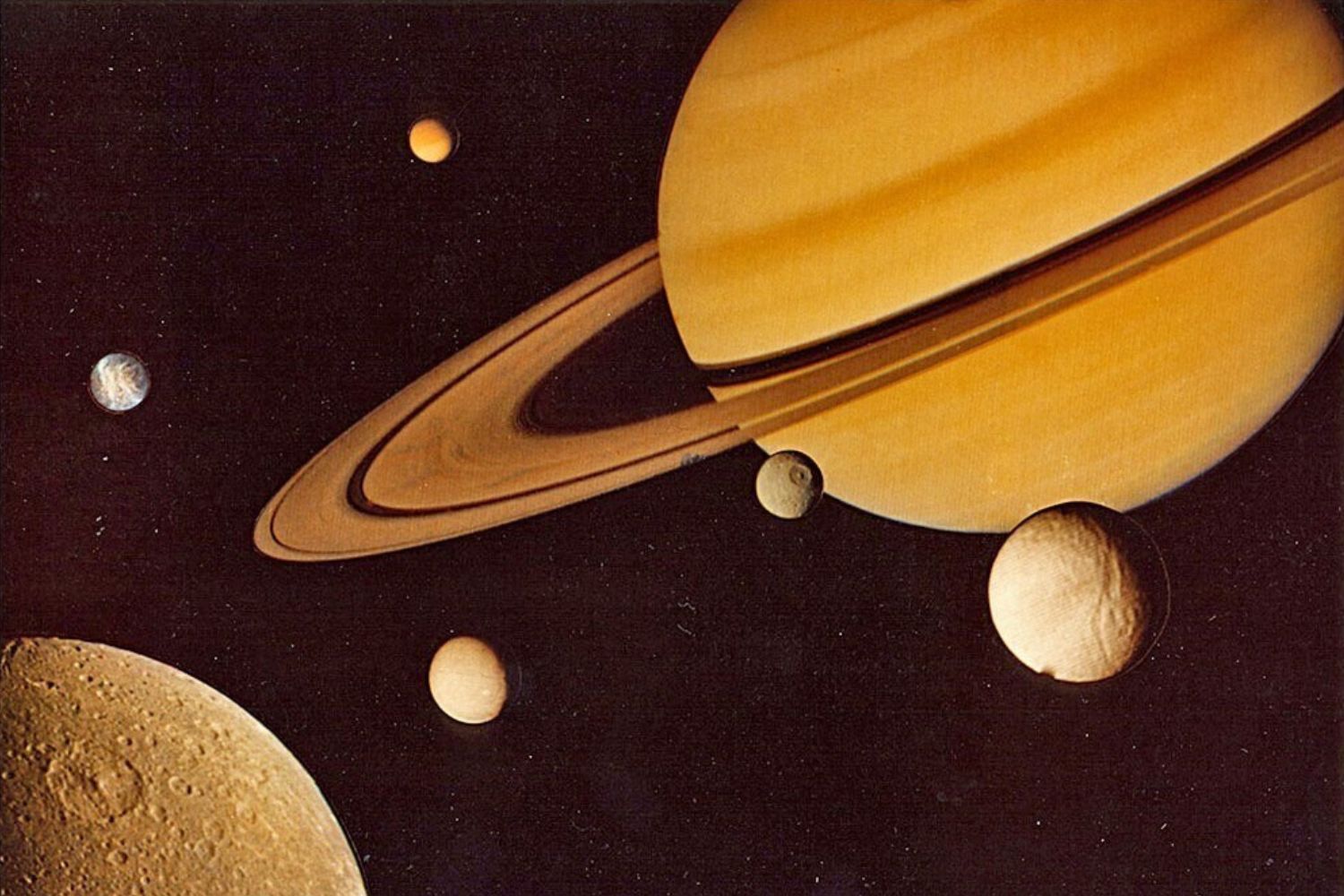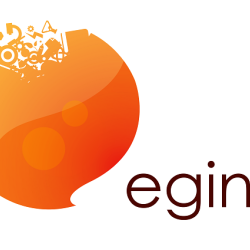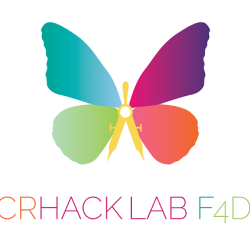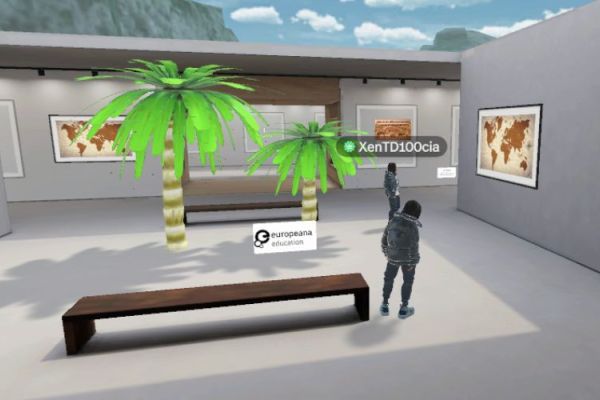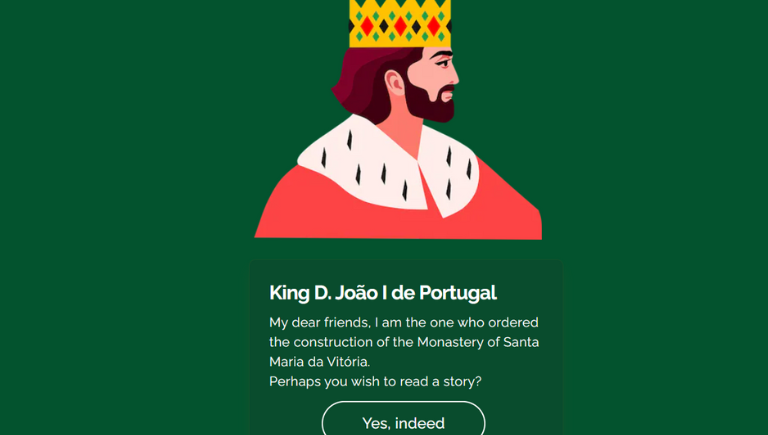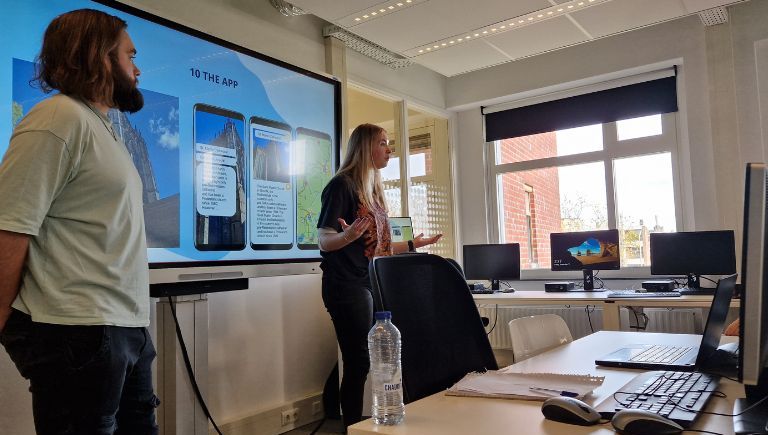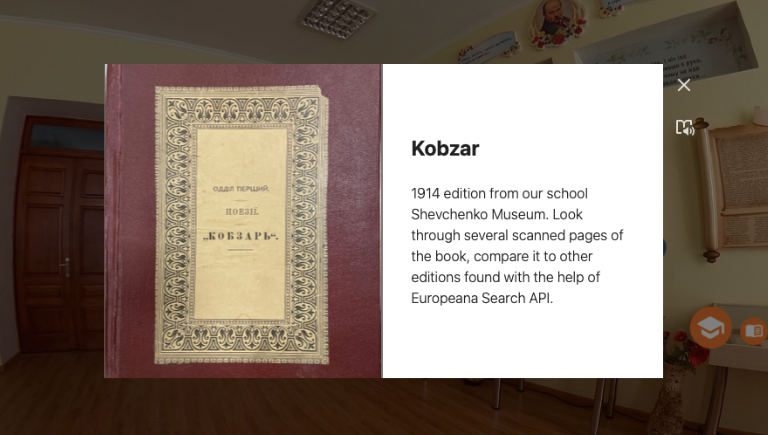Inspired by examples like DigiEduhack and the Social Hackathon Umbria, the Europeana Education Community invites you to the Europeana social and educational low-code hackathon - Low-Code Fest!
In this annual event, we invite educators and cultural heritage professionals to prototype with their students an educational and socially innovative product using Europeana’s APIs. This programme and series of events aims to engage teachers, educators and their students to co-develop solutions to social challenges and/or enhance educational processes and practices.
The Low-Code Fest focuses on using the Europeana APIs and supporting European educators and cultural heritage professionals to identify innovative approaches for educational initiatives. This programme is open to applications from all types of educators (whether you teach arts and humanities or STEM disciplines) because previous coding experience is not required - it is ‘Low-Code’.
Read out to learn about Low Code Fest 2024 and explore previous years!

